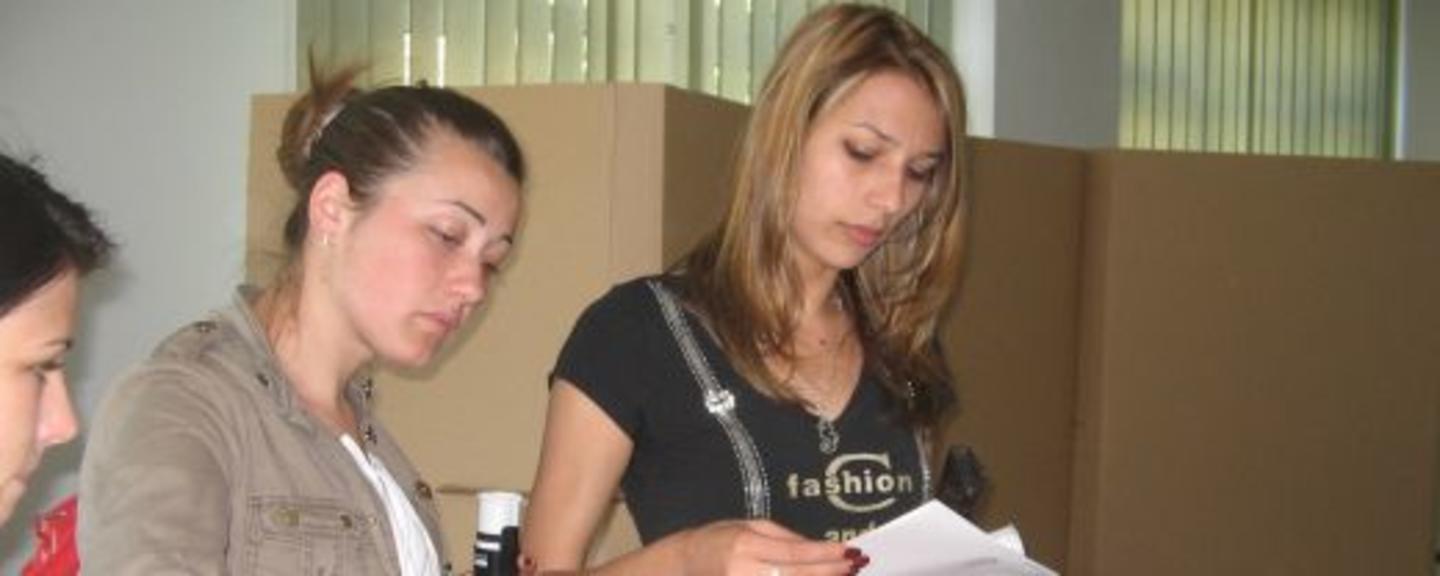The Median Research Centre in Bucharest is one of the organisations receiving support from the Romanian NGO fund. According to the centre, public opinion polls and social science research point to a deep level of mistrust in political institutions and elected representatives in Romania. The centre believes there is a real lack of substantive media coverage of the political parties' conflicting stands on social and economic issues, creating disaffection from the political processes.
With support from the NGO fund, the Median Research Centre is now offering public access to information on party positions and individual candidates through the online Vote Advise Application. The website was already up and running during the European Parliament elections in June 2009, and will also provide easily accessible information on the various candidates during the run-up to the Romanian presidential election in the autumn of 2009.
Important source of funding
Launched in July 2008, the Romanian NGO was established to encourage civil society organisations' participation in the process of achieving a reduction of economic and social disparities in Romania. Through supporting NGO projects within five thematic areas; environment, cultural heritage, democracy, social inclusion, and children and youth, the fund provides a sought-after funding opportunity for Romanian NGOs.
"Looking at the high number of applicants from the first open call, it's obvious that we constitute an important source of funding for Romanian NGOs." said Simona Constantinescu, team leader for the NGO fund. More than 400 civil society organisations applied for project support during the fund's first open call for applications.
"We tried to accommodate our applicants as much as we could," continued Constantinescu. By making the application process as accessible as possible, and offering a helpline for applicants, the fund intermediary aimed to reach out to the whole spectrum of organisations. This spring, 46 organisations receiving grant support were able to start off their projects, 38 of which will be implemented in partnership with NGOs, public authorities and educational institutions.
